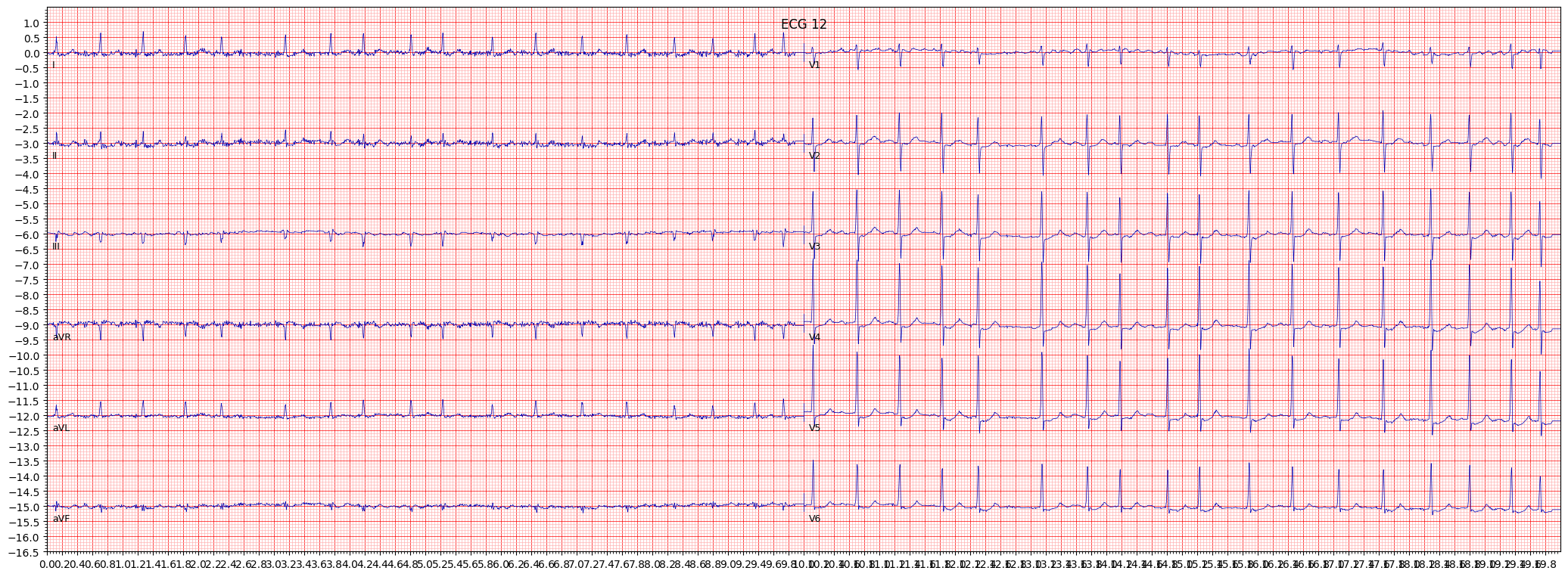non-specifc ST changes (NST_)
Non-specific ST changes (NST) on an ECG refer to changes in the ST segment, which is the segment of the ECG waveform that connects the QRS complex and the T wave. These changes are considered non-specific because they do not provide enough information to indicate a specific cardiac condition or disease.
Common causes of NST include medication use, electrolyte imbalances, physical activity, and stress. In some cases, NST may be a normal variation and not require any treatment or intervention.
When reviewing an ECG for NST, it is important to pay attention to the morphology of the ST segment, including the amplitude, duration, and slope. Other things to pay attention to include the presence of other abnormalities, such as T wave or QRS complex abnormalities.
- Look for changes in the morphology of the ST segment, including amplitude, duration, and slope
- Check for the presence of other abnormalities, such as T wave or QRS complex abnormalities
If NST is identified on an ECG, further evaluation may be necessary to determine the underlying cause and determine if any treatment or intervention is necessary. This may include additional testing, such as blood tests or imaging studies, and management of any underlying conditions or risk factors.
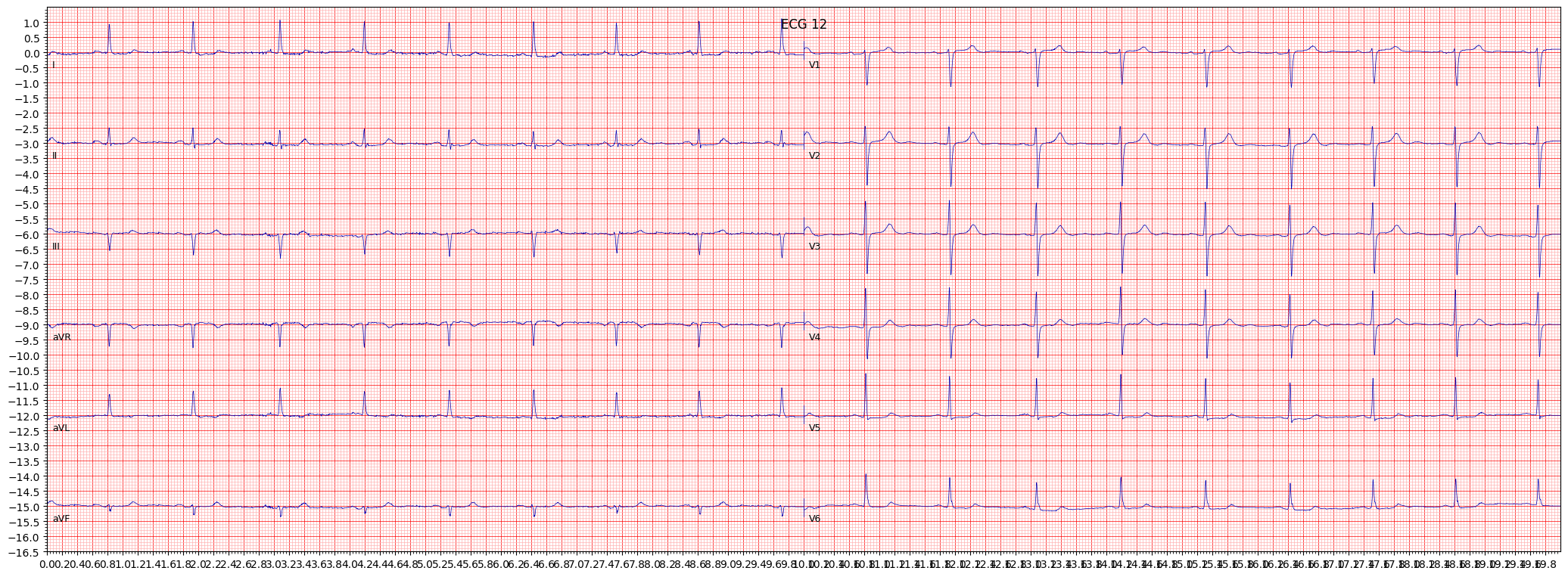 example 2:
example 2:
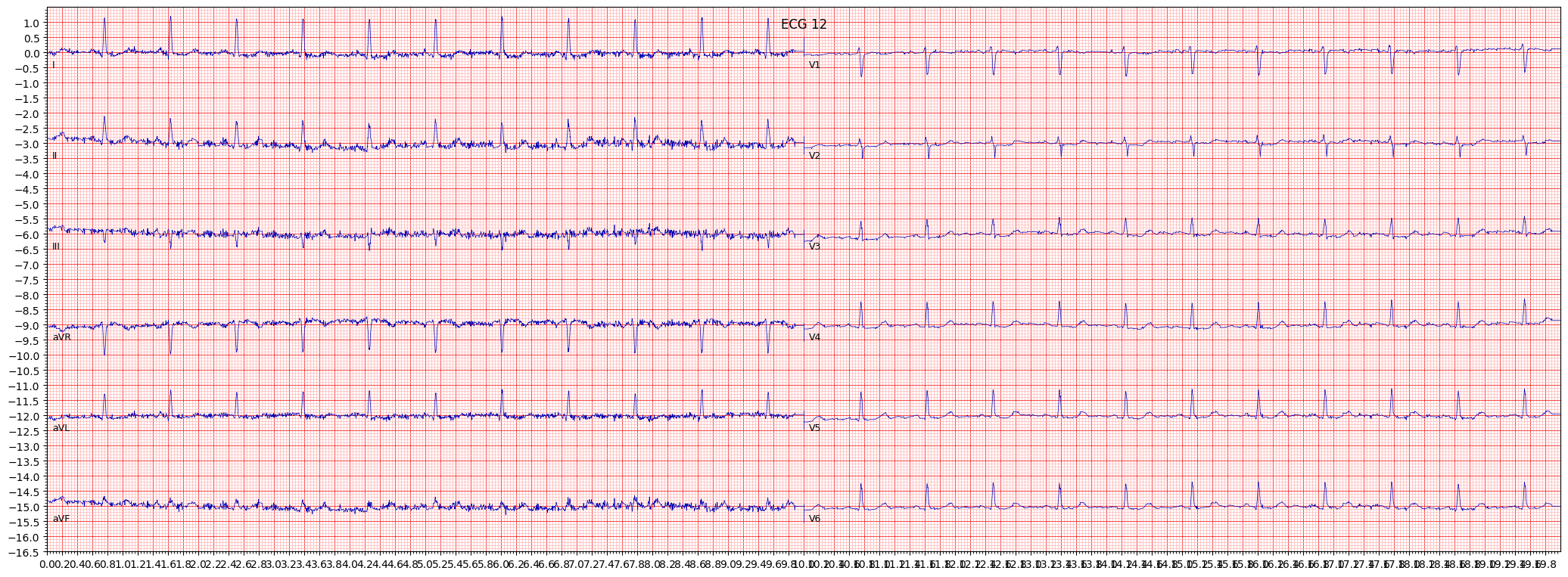 example 3:
example 3:
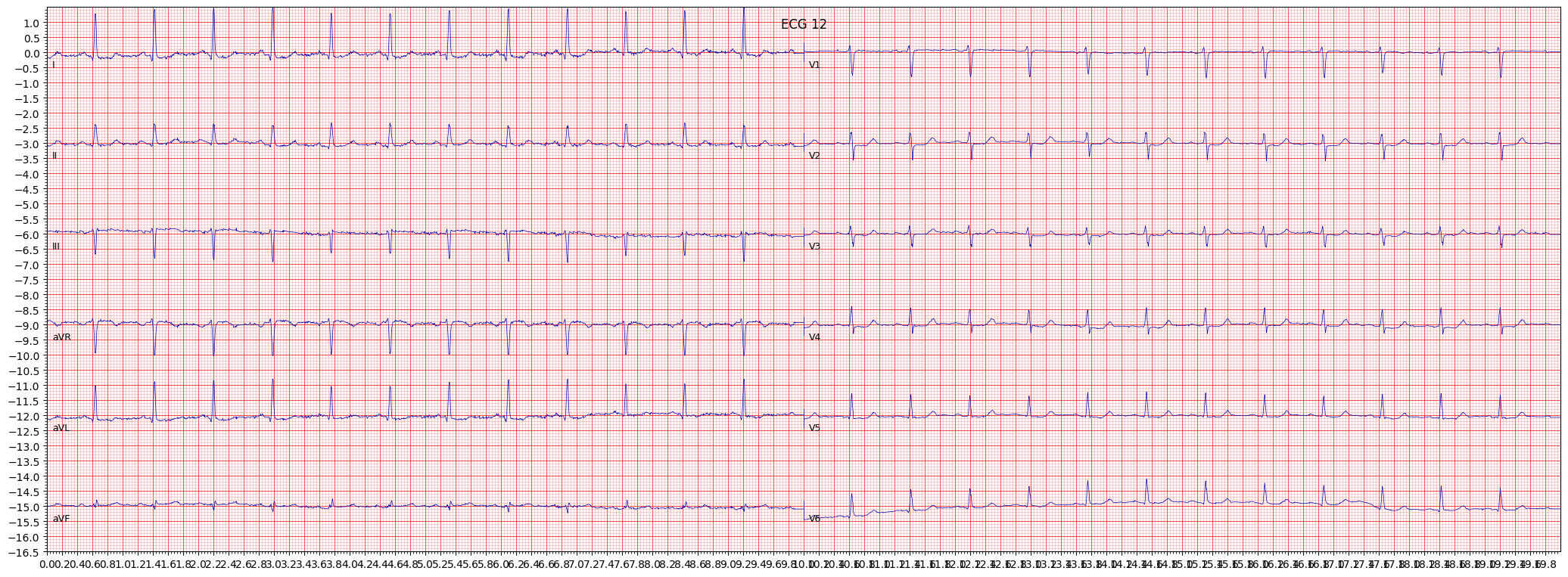 example 4:
example 4:
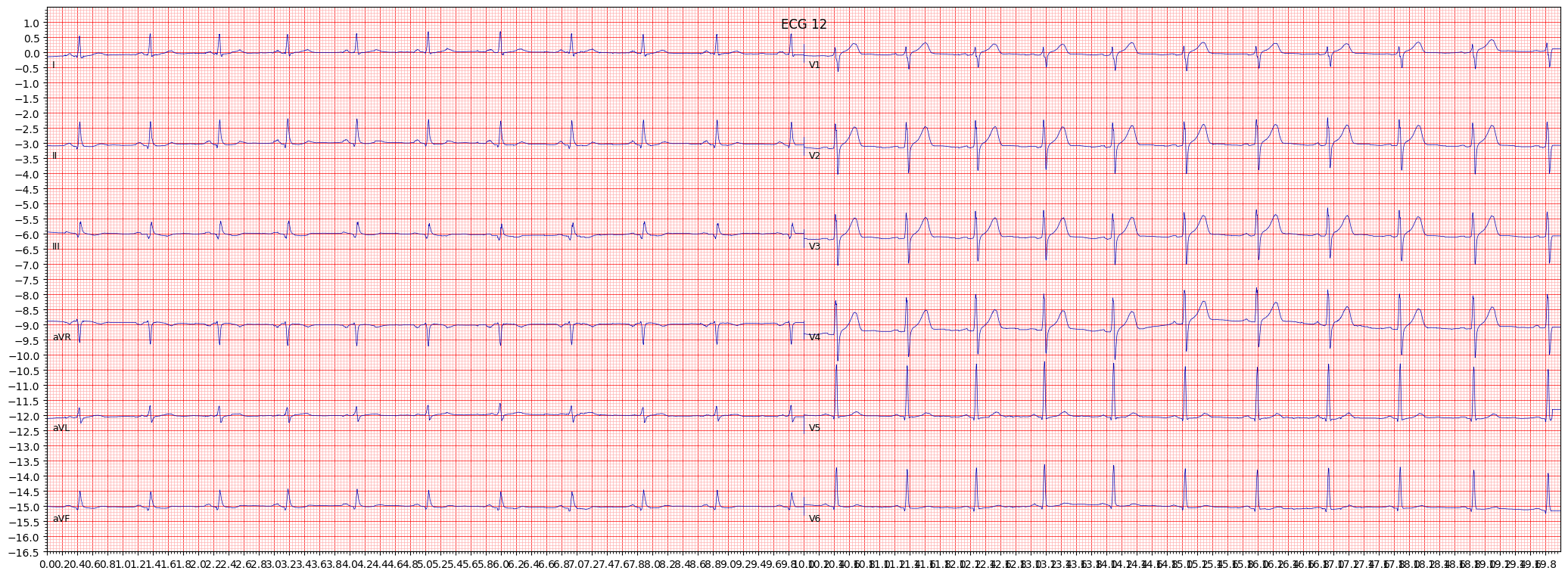 example 5:
example 5:
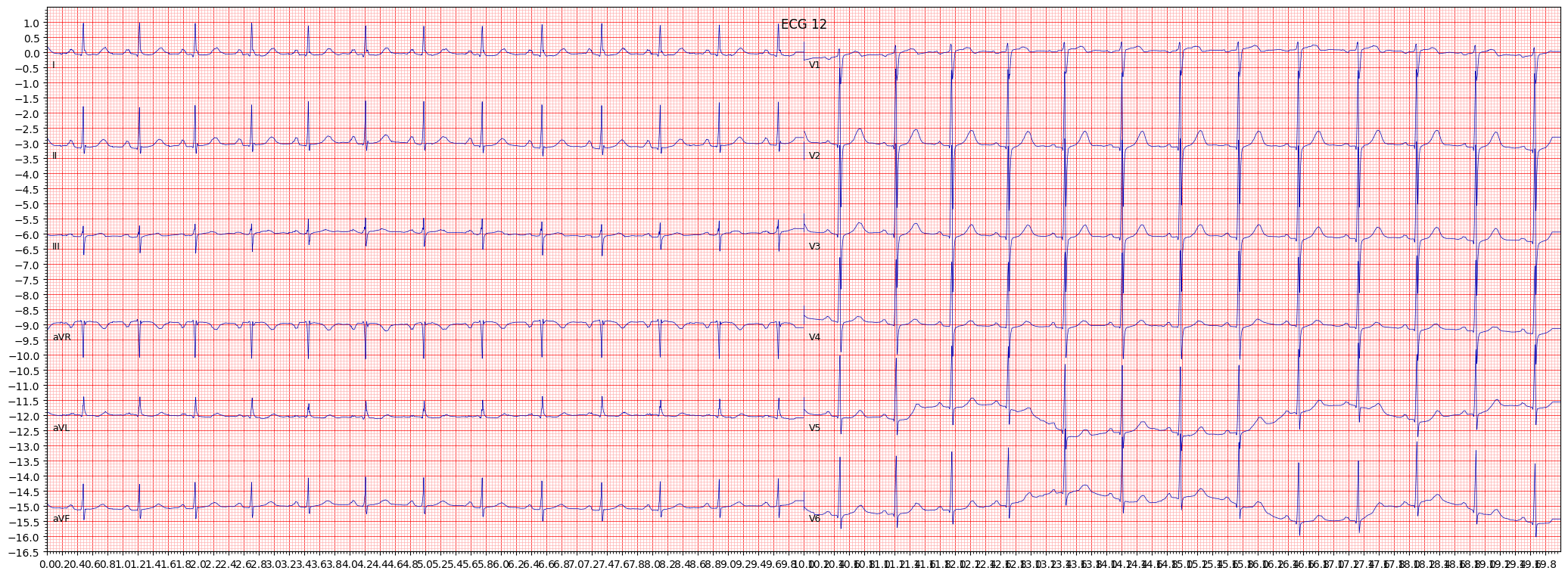 example 6:
example 6:
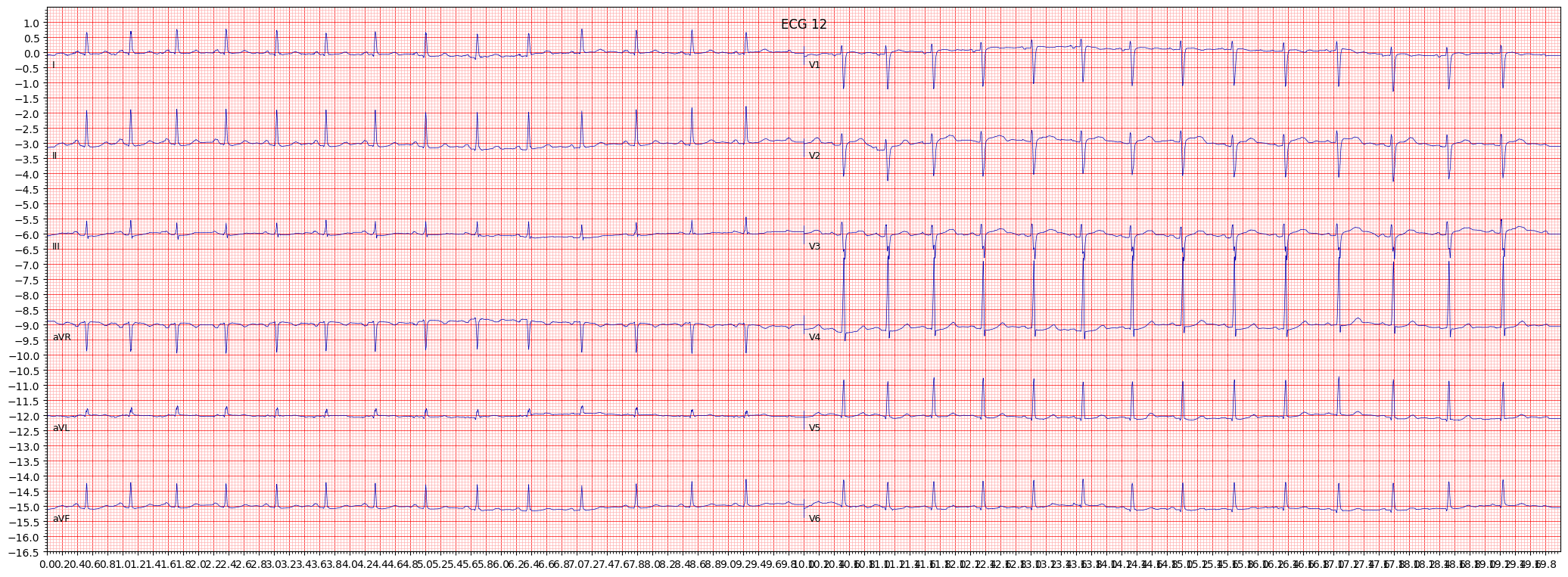 example 7:
example 7:
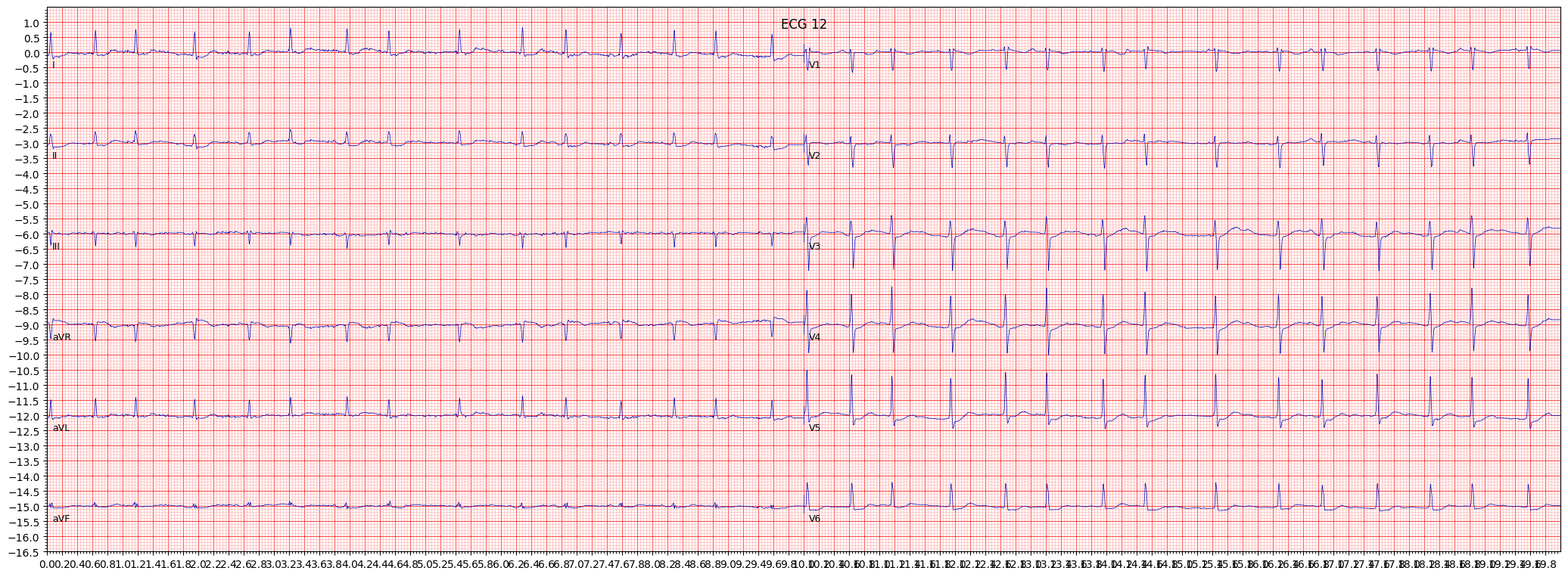 example 8:
example 8:
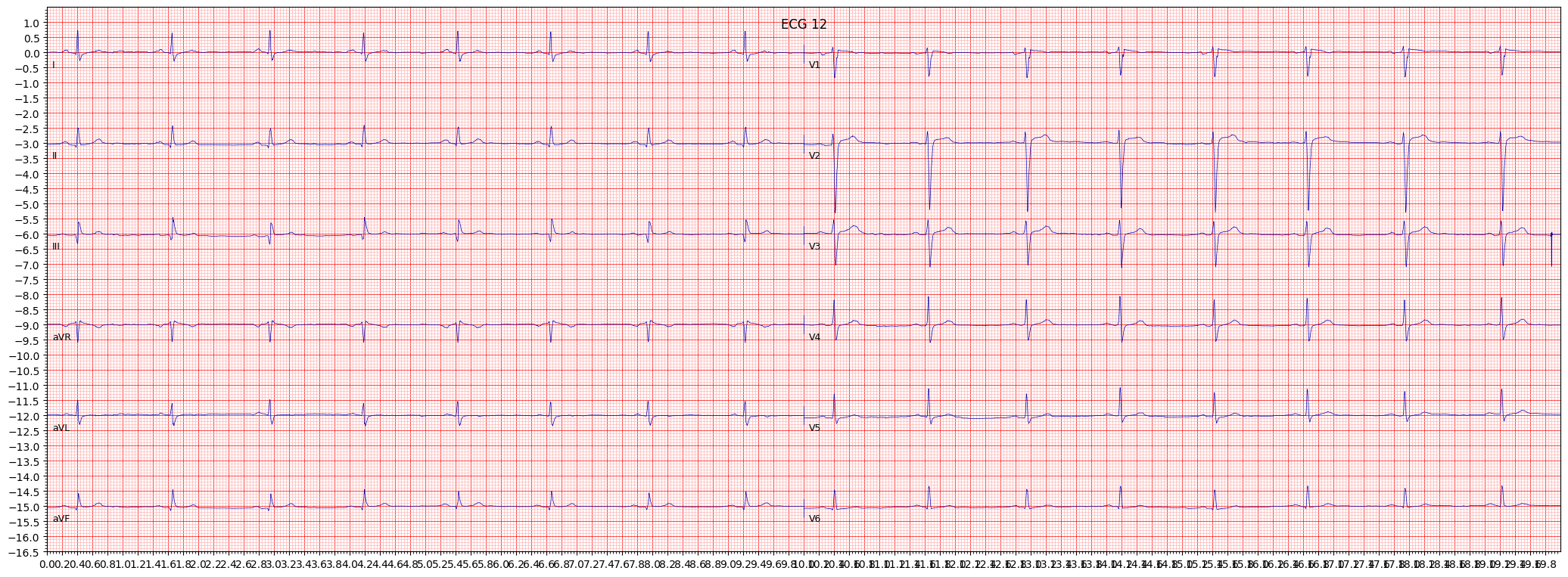 example 9:
example 9:
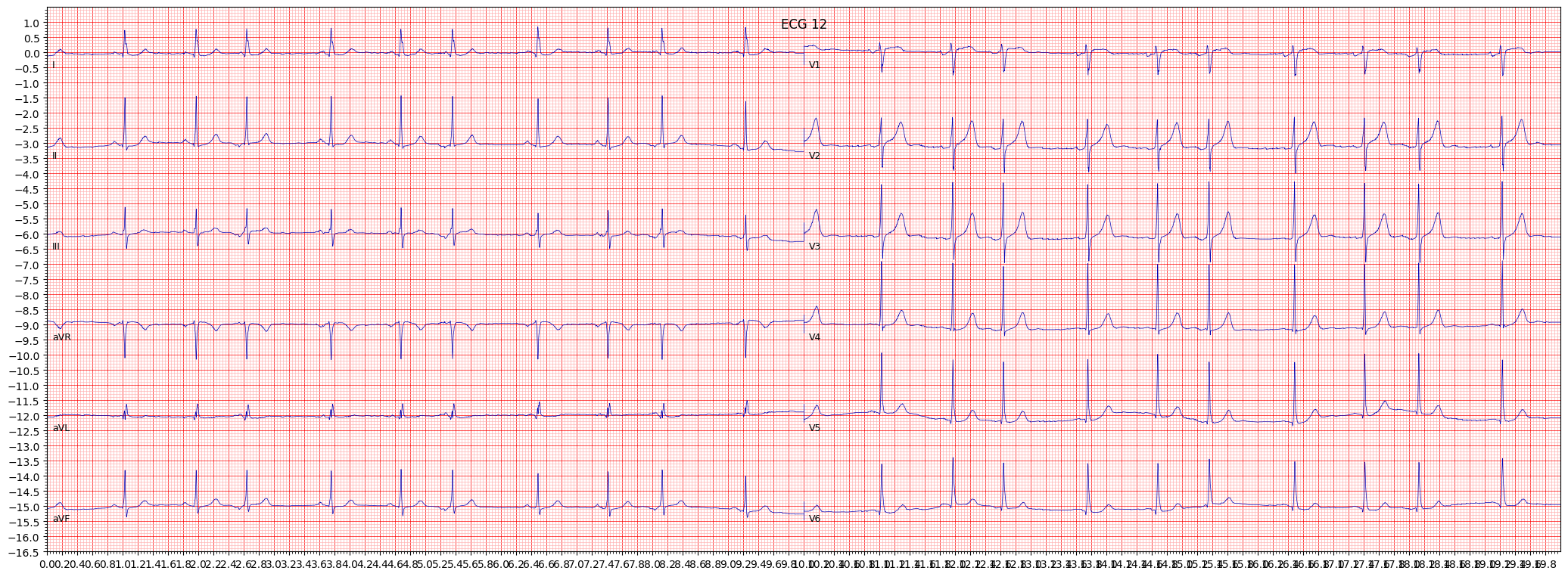 example 10:
example 10:
